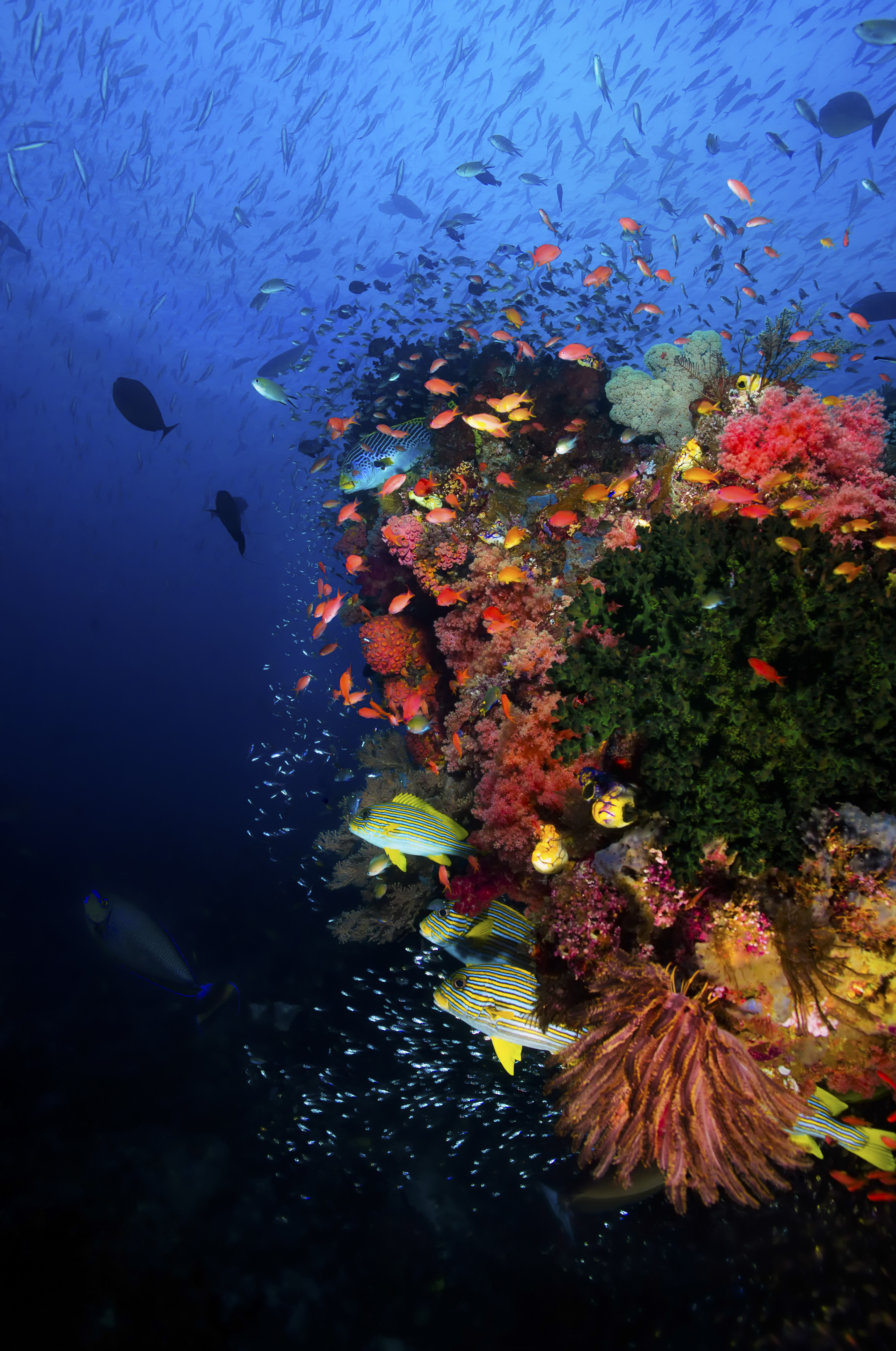Abstract
Epidemiological study of BKD (Renibacterium salmoninarum) in Spain: Role of temperature as a risk factor in a natural outbreak of the disease.
Ortega, C., Sanz, F., Múzquiz, J. L., Ramos, P., Docando, J., and Planas, E.
Bull. Eur. Ass. Fish Pathol.
13
6
201-202
1993
In July 1991, a high mortality rate was observed at a rainbow trout farm in Northern Spain where BKD had not previously been observed. At this time, water temperature was 18°C. Clinical diagnosis of fish showed an absence of gross signs, other than a swelling of the abdominal cavity and some abscesses in kidney.
Six months later, when water temperature was 12 degrees C, the mortality rate was lower, but at necropsy, more than 50% of fish showed grey-white abscesses in kidney. Later, when water temperature was 8°C, mortality rate was the lowest of the study, but the clinical signs observed were the most important and evident.
During the study we detected Renibacterium salmoninarum on KDM-C medium and with the direct fluorescent antibody technique, confirming that it was the aetiological agent of the disease. All other bacterial and viral pathogen isolations were negative in the study.
Six months later, when water temperature was 12 degrees C, the mortality rate was lower, but at necropsy, more than 50% of fish showed grey-white abscesses in kidney. Later, when water temperature was 8°C, mortality rate was the lowest of the study, but the clinical signs observed were the most important and evident.
During the study we detected Renibacterium salmoninarum on KDM-C medium and with the direct fluorescent antibody technique, confirming that it was the aetiological agent of the disease. All other bacterial and viral pathogen isolations were negative in the study.
Unspecified source
